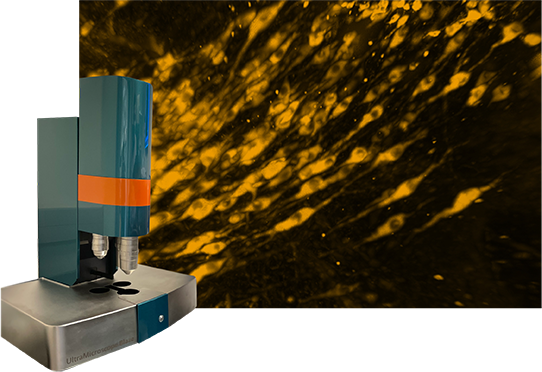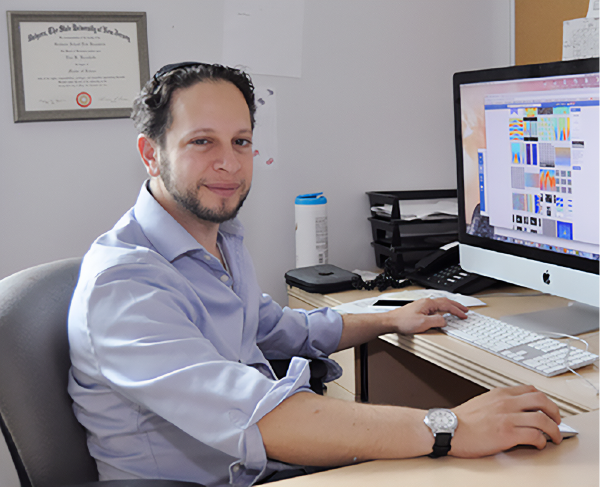Predicting New Drug Emergences with the Virtual World
It’s possible that online forums and social media platforms, like Reddit, could be used as an early warning system of impending emergences of novel drugs, according to a new study published in the International Journal of Drug Policy.
Synthetic or designer drugs, known as novel psychoactive substances, are created to mimic the effects of controlled substances. Due to their increasing potency and unexpected biological effects compared to their predecessors, they continue to present growing challenges for the scientific, medical and interventional communities.
“The psychoactive substance landscape changes rapidly and information about novel substances and their effects is scarce,” said Elan Bareholtz, Ph.D., senior author, associate professor of psychology and member of the Center for Complex Systems and Brain Sciences, Charles E. Schmidt College of Science, and FAU Stiles-Nicholson Brain Institute. “There is a significant time lag in the percolation of information from groups or individuals who experiment with psychoactive substances (sometimes referred to as “psychonauts”) and the broader scientific and healthcare communities.”
Barenholtz, his team at FAU and other collaborators found that there are early signals that are detectable in certain social media data streams that can be harvested in order to detect and even predict broader novel trends much earlier than was previously possible.
This research is part of the National Early Drug Warning System, funded by the National Institute of Drug Abuse.




